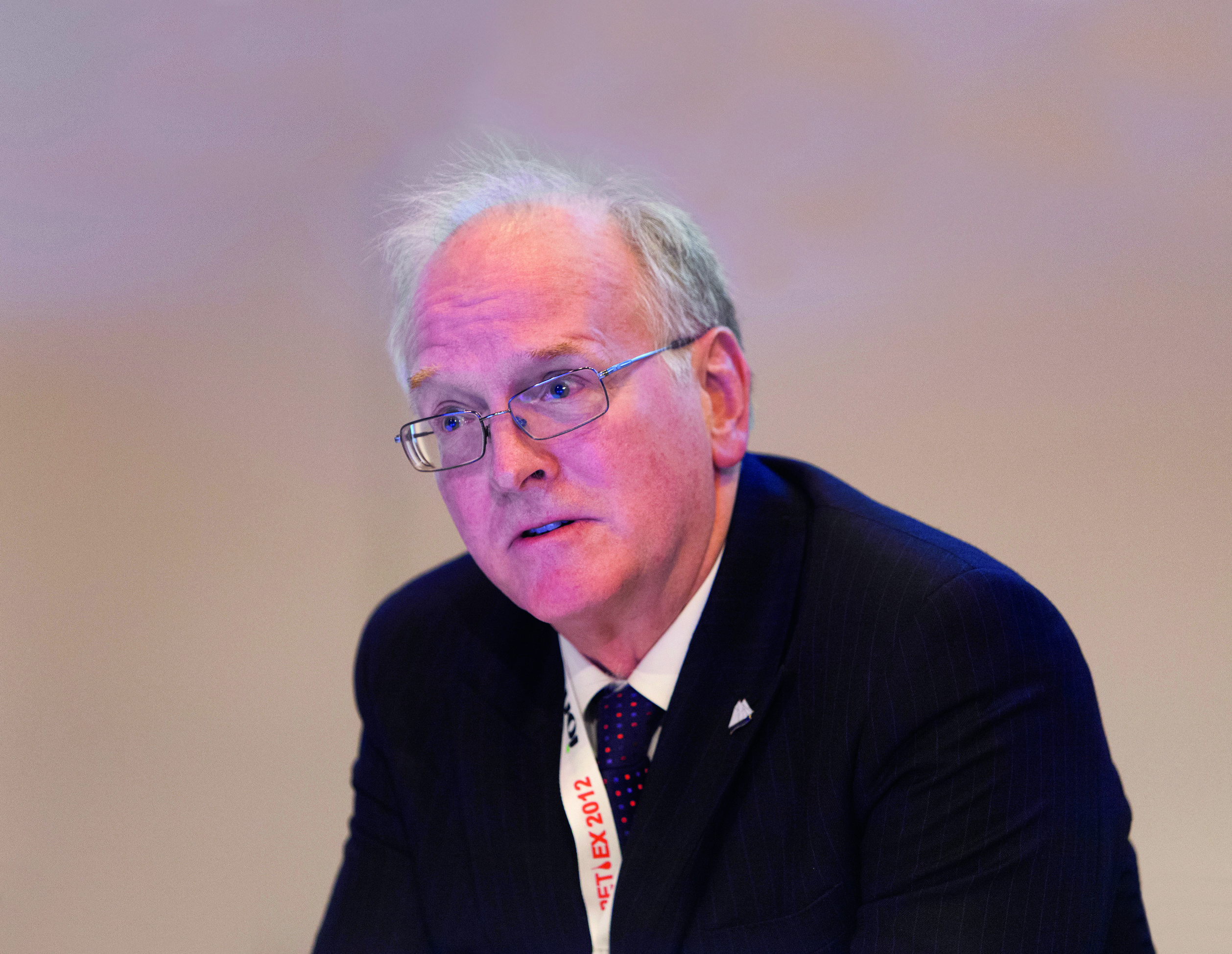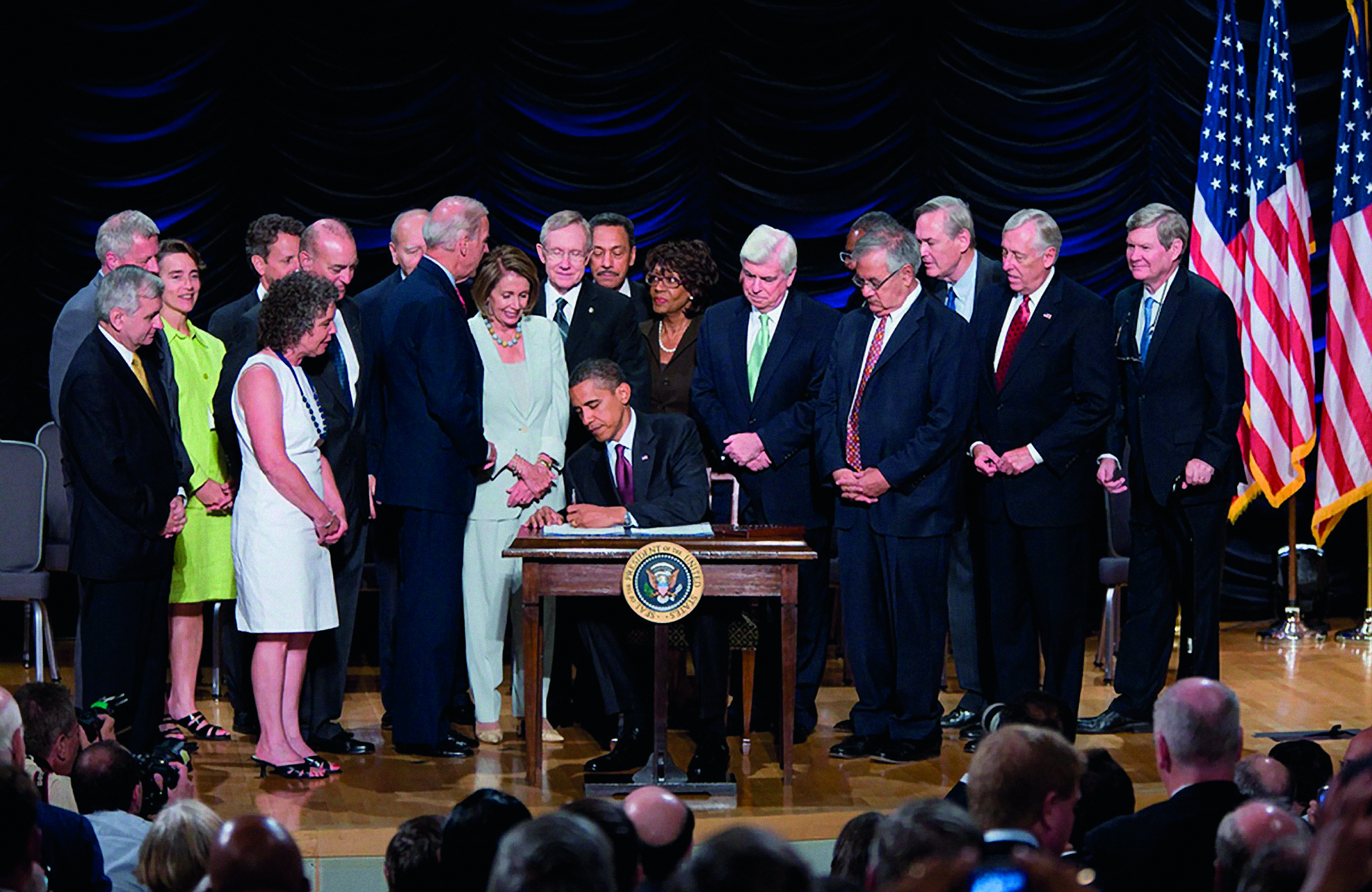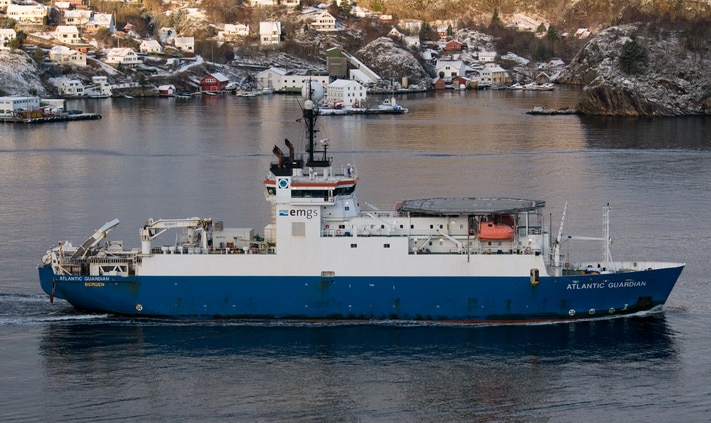The Petroleum Society of Great Britain’s PETEX Conference, held in November last year, had one unusual draw – a debate on ‘Obtaining a Social Licence to Operate, a Challenge for the Industry’. For an industry that is considered by many to extract resources with minimum involvement of local communities, and which has long been accused of indifference on all manner of local and global ills, the debate at such a venue represents an interesting development. In front of an audience of around 150, three oil executives and two key non-governmental organisations (NGOs) each made presentations and joined in discussions, chaired by Hamish Wilson, Technical Director at leading environmental firm SLR Consulting. Indicative of the subject’s sensitivity, however, Chatham House rules were applied, preventing the identification of individual speakers with particular statements.

A Sobering Self-Assessment
The title of the debate perhaps indicates a level of sensitivity not often associated with the oil industry. Unlike the Corporate Social Responsibility (CSR) model that it seeks to replace, a social licence can only be granted by ‘stakeholder’ communities that accept and approve a corporation’s activities. Whereas CSR can be seen as a tokenistic payment in kind from a corporation to a host community, a social licence acknowledges the prior rights of the host community and seeks their permission for each operation. In fact, the ultimate aim of a social licence is for the corporation to be ‘adopted’ by the local community and become part of the local identity – not a position commonly associated with the industry.
The event kicked off with the audience being asked to rate their own industry’s level of social responsibility on a five-point scale. Soberingly, 12% of the 150-strong audience, drawn entirely from the industry, gave themselves the lowest grade; 28% voted for one notch above; and 30% gave themselves a fair–middling grade. Only 2% declared the industry’s record ‘excellent’. When asked whether an oil or gas exploration should ever be abandoned for either environmental or social reasons, an overwhelming 74% said ‘yes’. Although undoubtedly a self-selected cohort, it appears that a social conscience is thriving in the industry.
A Clear Fault Line
The fault line between the industry and the NGO sector was clearly defined, with the oil majors expressing their support for ‘soft law’ initiatives such as multi-stewardship councils and voluntary agreements. The bigger problem, they stated, is what governments do with legitimate payments, which are not the responsibility of oil companies, even when it is clear that money will be either squandered or stolen. ‘We have to be respectful of the rights of sovereign states to decide how they will use their money,’ stated one executive, while another argued that governments would more effectively combat corruption if they concentrated on transparency within the Western banking system, closing down the safe havens for illicit funds.
Whilst agreeing this last point, the representative of the anti-corruption NGO countered that oil companies do have a moral responsibility when purchasing assets that have clearly been stolen as they effectively ‘monetise’ and launder such assets. Interestingly, the representative of the younger, non-major oil company did acknowledge the ‘supply side’ of corruption and identified positive examples of how her company is training staff at all levels to resist ‘expediting payments’. She also argued that ‘democratic accountability’ was the best defence against corruption, giving the example of Ghana where officials have volunteered to publish their contracts with the oil company. In a marked progression from the statements of the oil majors, she stated that her company perceives strengthening ‘democratic accountability’ as part of its remit.
There was a tense moment as the representative of the anti-corruption NGO challenged the industry to commit to the combatting of corruption by withdrawing support for the American Petroleum Institute’s attempts to derail section 1504 of the US’s Dodd Frank legislation. The section requires all extractive industries listed on US exchanges to report payments made to governments around the world. Clearly uncomfortable, there was no engagement from the executives on this issue, only evasive statements that companies ‘need to follow the law’ and ‘build capacity’ in host countries.

There was a clear consensus amongst the oil companies that their social licence comes from their role as ‘wealth creators’, with the executive of the more ‘junior’ oil company arguing most forcefully that their principle role is to be successful businesses, providing ‘sustainable returns’ to their shareholders. From this basis, they can ‘maximise the developmental benefits of oil’, she claimed, principally through the provision of jobs. She agreed with the executive of one of the majors that the stimulation of host economies through ‘local content’ – local procurement, employment and training – had a greater impact than tax revenues and is more valuable than traditional social responsibility programmes of providing schools and hospitals. The third executive took a markedly more passive approach, arguing that the role of the oil companies is simply to meet human needs, pointing out that the Millennium Development Goal on poverty reduction has been met three years ahead of target, with energy playing a large part in this. Unlike his two colleagues, he did not argue that his company has any ‘developmental’ intentions or obligations, and stated that governments’ only role is to promote free markets.
A Direct Challenge on the Environment
A similar fault line between the oil industry and NGOs appeared over environmental issues, with the NGO representative asking, ‘Are you just passive players meeting energy demands, or active?’ An active strategy, he claimed, would make world heritage sites and areas where there would be a net loss of biodiversity ‘no-go’ areas, Strategic Environmental Assessments and waste management plans would be strengthened and oil companies would plan an ‘exit strategy’ from fossil fuels. He argued that turning all global deposits into commercially viable reserves will lead to a potential temperature rise of 6°, when the global target is a maximum of 2°. Although the use of gas will bring down the figure, the temperature rise is still calculated to be 3.5°. These figures, he explained, are derived from the ‘Carbon Bubble’, a report published in March 2012, and endorsed by the International Energy Agency (IEA).

He outlined a positive plan that, with ‘a new mindset’, would deliver energy with almost 100% renewables by 2050. Although not disputing that such an increase in green energy is possible, one oil executive argued that NGO estimates of overall consumption are optimistic. ‘Hydrocarbons are not incompatible with a sustainable mix’, stated the second oil major executive. However, the executives’ obvious lack of explicit research or strategy, combined with a plea for ‘trust’ and support for the carbon market, highlighted the gulf between the two sectors. Even where there was agreement that water supplies are a significant area of sensitivity, the industry’s response appears to be a reliance on the management of competition with other consumers, rather than the taking on of any leadership role. When asked directly whether his company would commit to improving Strategic Environmental Assessments (SEAs), the executive questioned was non-committal, stating only that there was ‘a need to improve some processes’, while a second commented that the environmental debate was not helped by mixing local issues with global warming.
Wealth Creators or Global Citizens?
In many ways the debate confirmed the well-established division between the two sectors that rests on widely divergent perceptions of corporate responsibility. While corporations argue that their ‘social licence’ comes from their wealth creation, NGOs urge them to act as global citizens, taking active responsibility for the ‘collateral damage’ of actual impoverishment, corruption, human rights abuses and environmental damage. However, any assumptions of predictability in the debate were mildly shaken by the arguments of the more ‘junior’ oil company who, while vehemently defending her company’s primary aim of being a profitable business, indicated a more proactive approach to strengthening structures within host countries. When asked whether her company would ever pull out of a development if the social or environmental effects were bad, rather hesitantly she replied that they would, where those effects could not be managed. In comparison, the oil major executive stated that ‘nowhere is off limits’ and merely that the industry needs to ‘keep reviewing its dependence on technology’ and has a ‘strong obligation to share lessons’.
This was a debate that clarified positions, and will perhaps prompt greater reflection on both sides. The industry was served with two specific challenges with which they can prove their commitment to corporate responsibility within a multi-agency framework – the withdrawal of support for the API’s undermining of anti-corruption legislation and the strengthening of SEAs. Given the audience’s assessment of their own industry and the desire expressed for greater morality, it appears that executives need to take note. For Petex, the session was a successful experiment that bears repeating.





